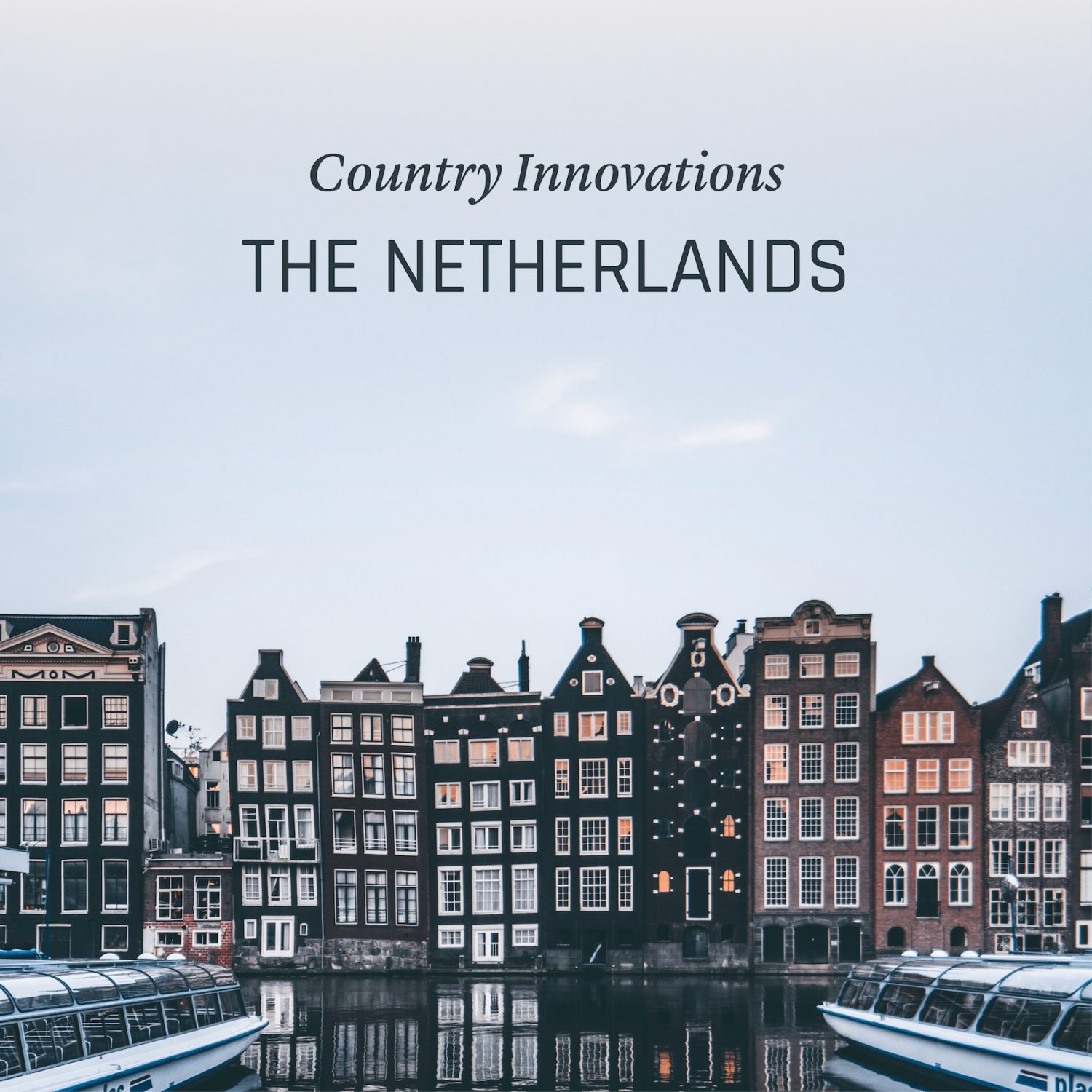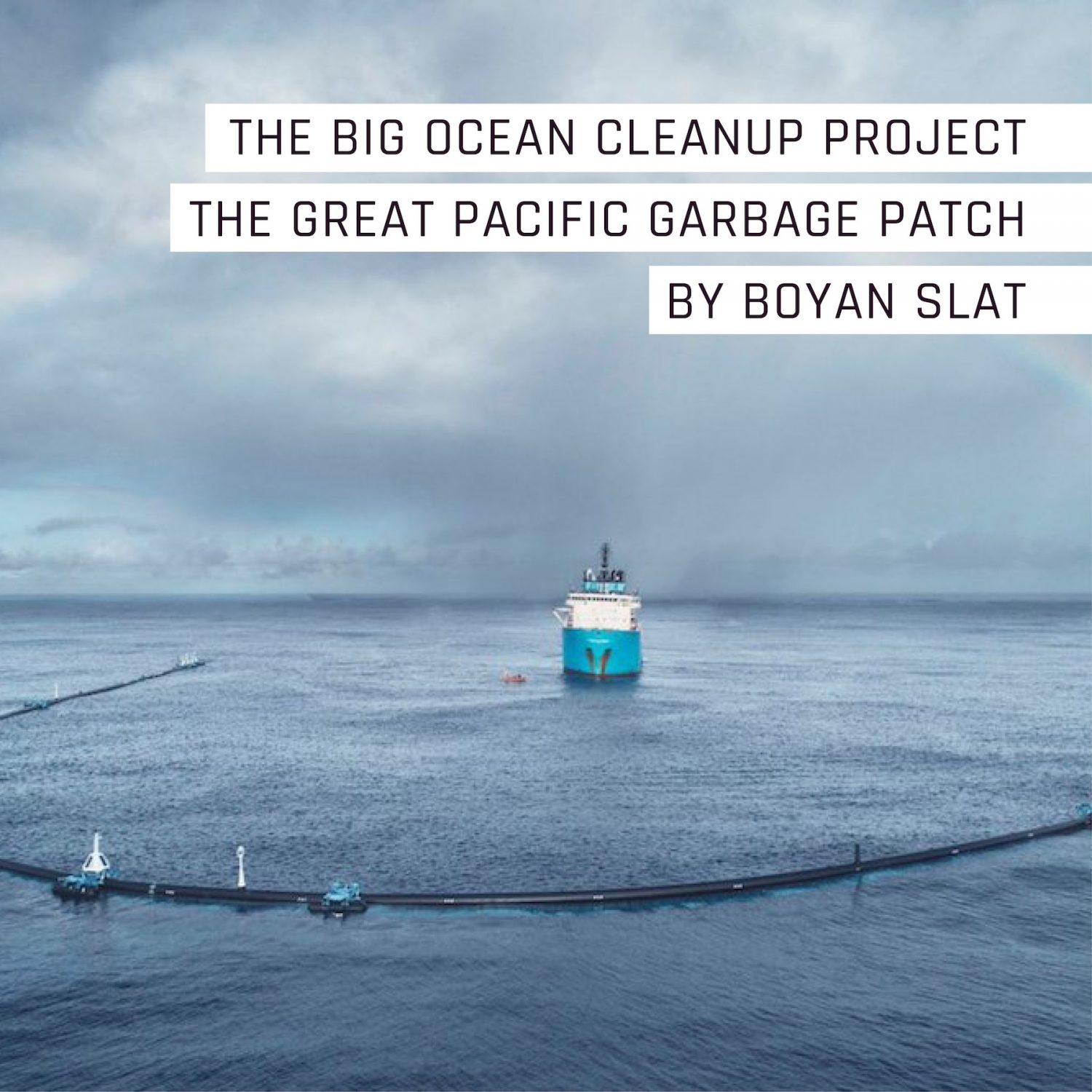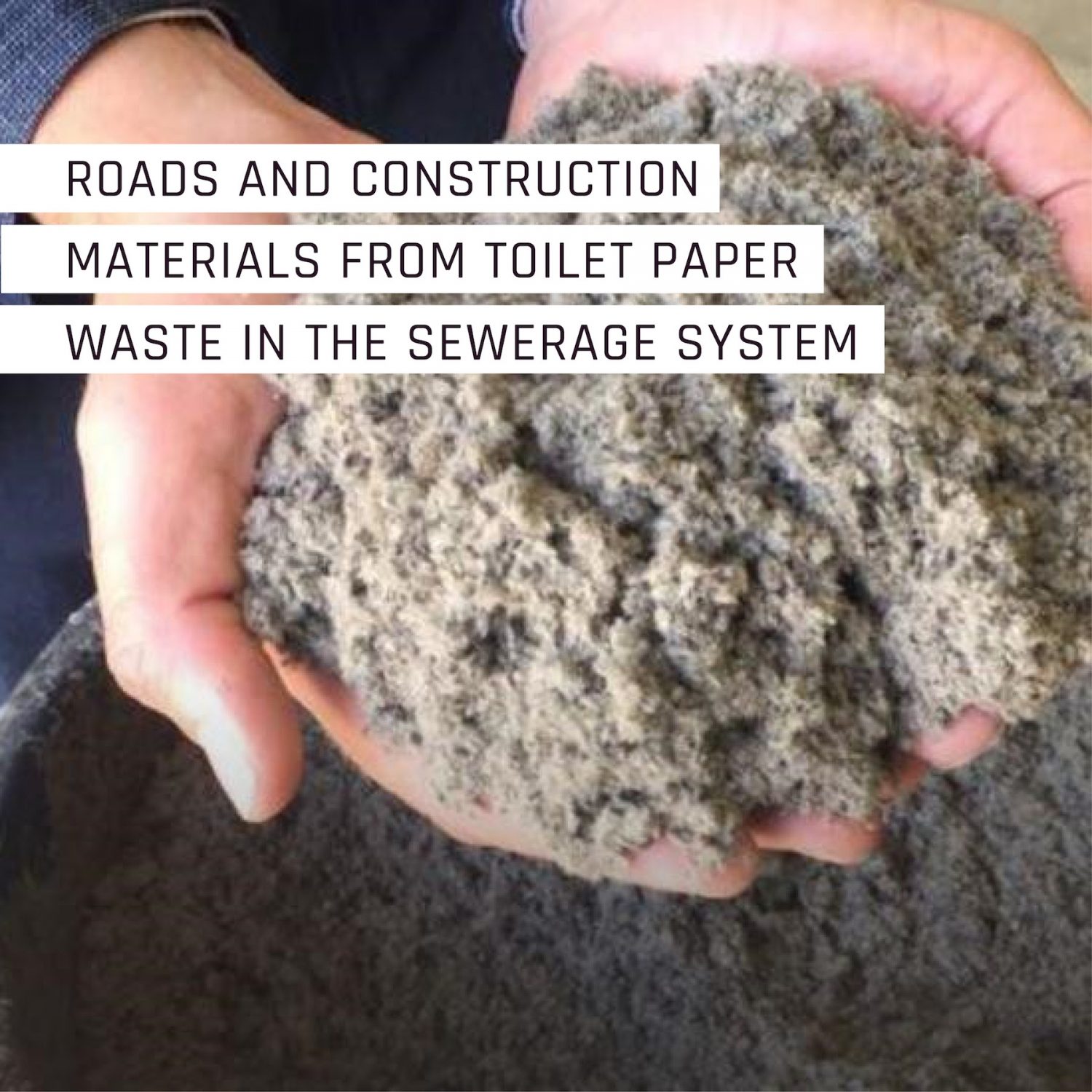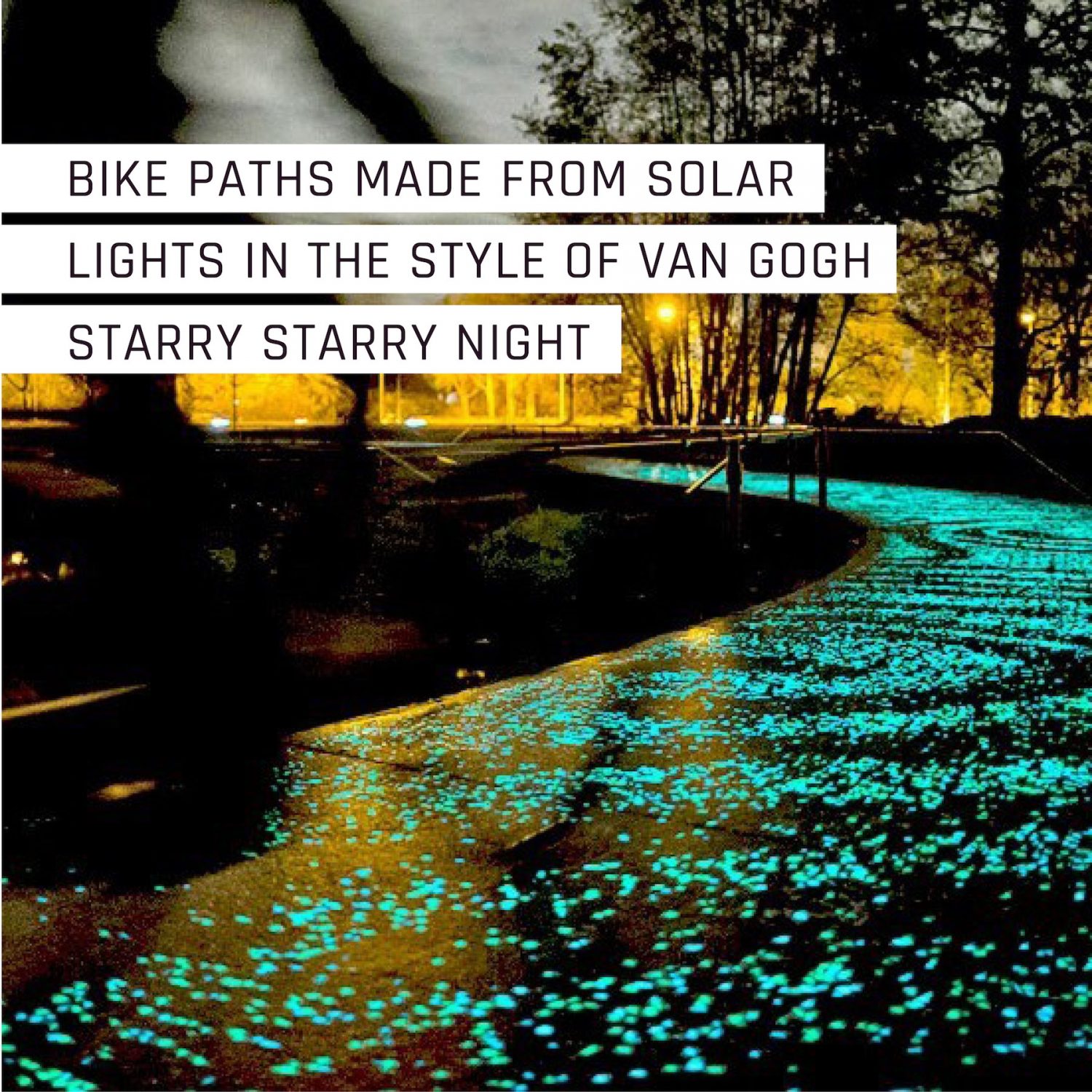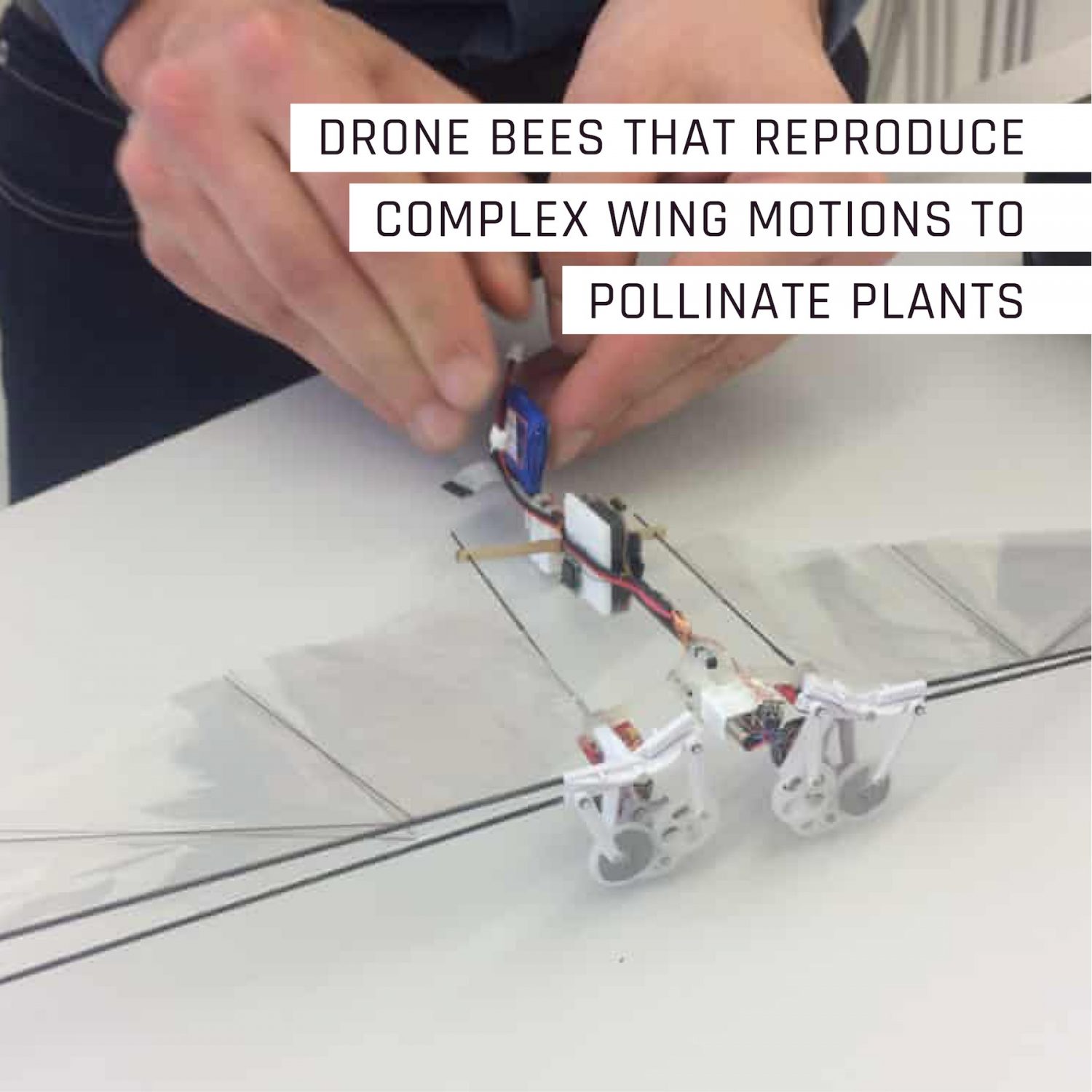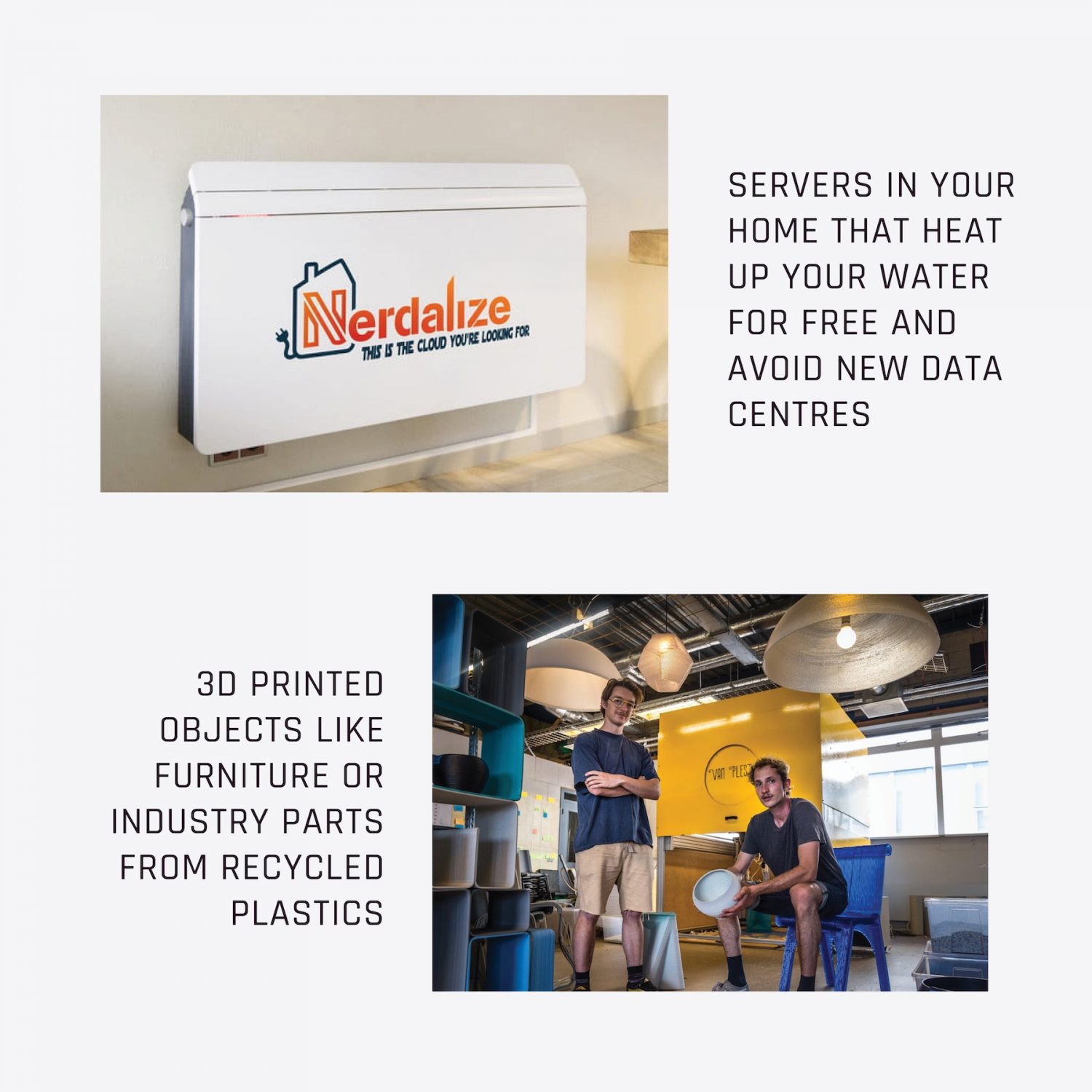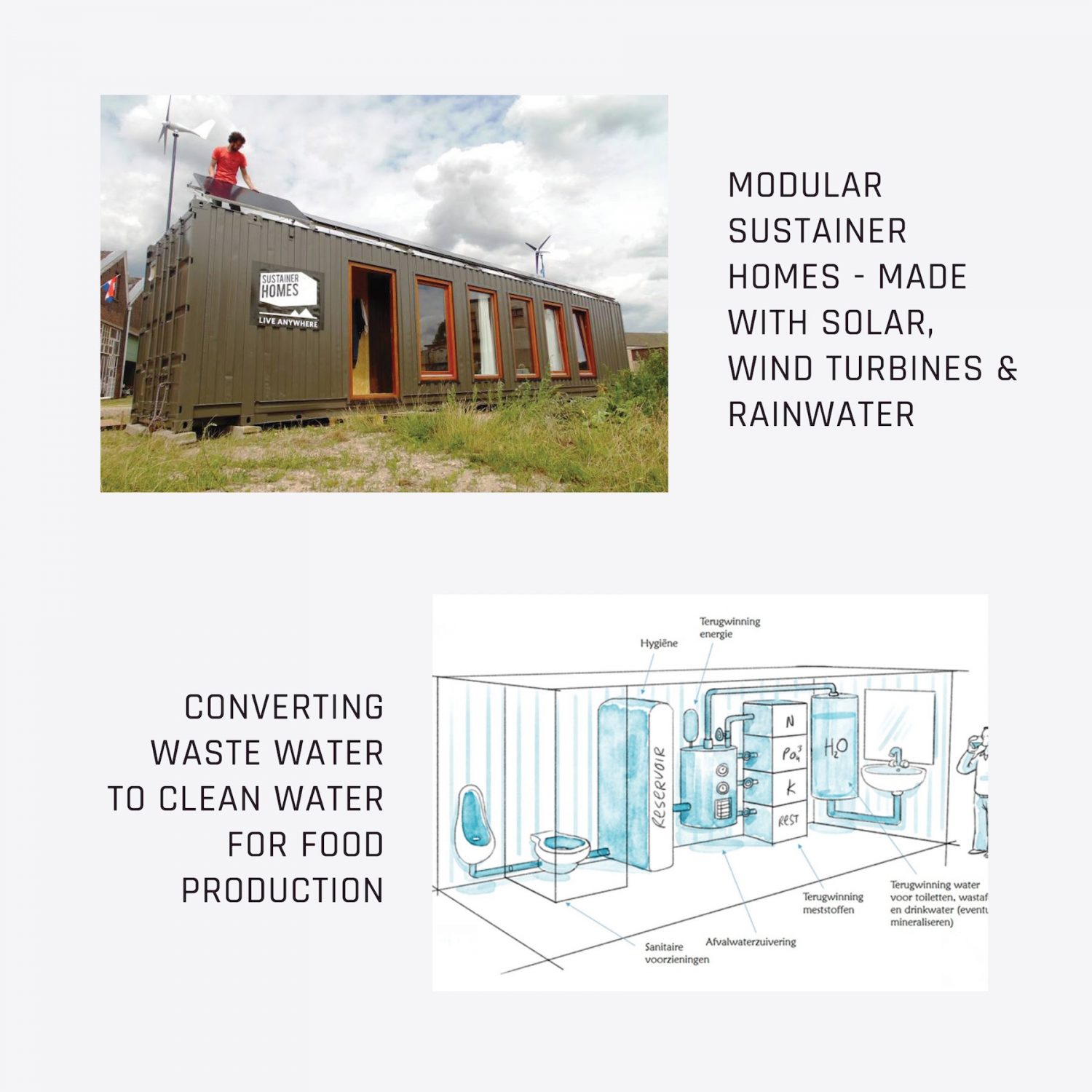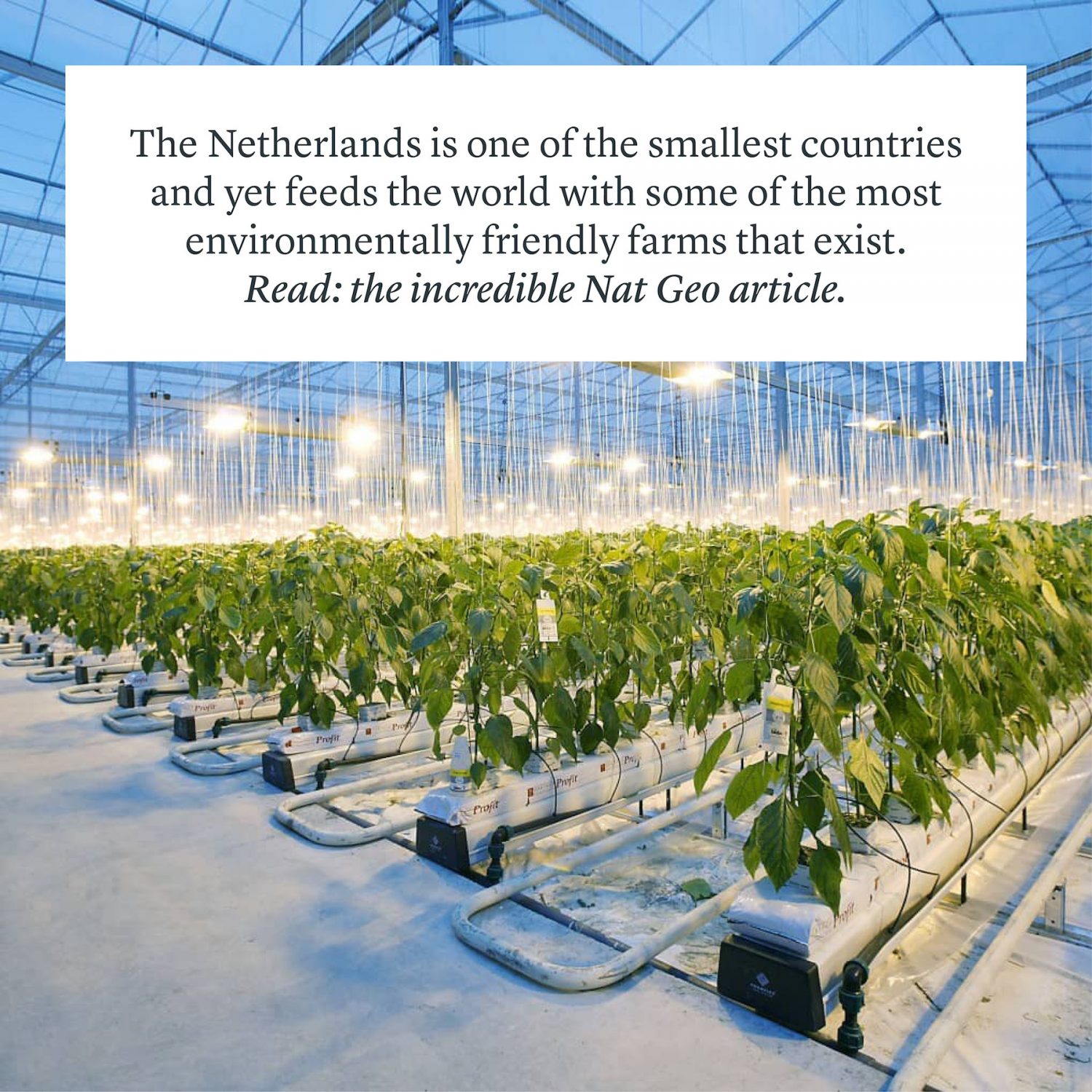Over the course of our research we come across a lot of exceptional innovations, processes & initiatives countries are putting in place. We want to highlight some of these in each country and show how this is changing the world (and maybe give some ideas for where you live).
This post is covering The Netherlands in Europe. To note: the Dutch government has pledged to achieve a 100% circular economy by 2050.
Ranking on Global 2018 Innovation Index: 2
(rank in all countries across the world)
Efficiency Ratio Rank: 4 (0.91)
(this ratio shows how much innovation output a given country is getting for its inputs.)
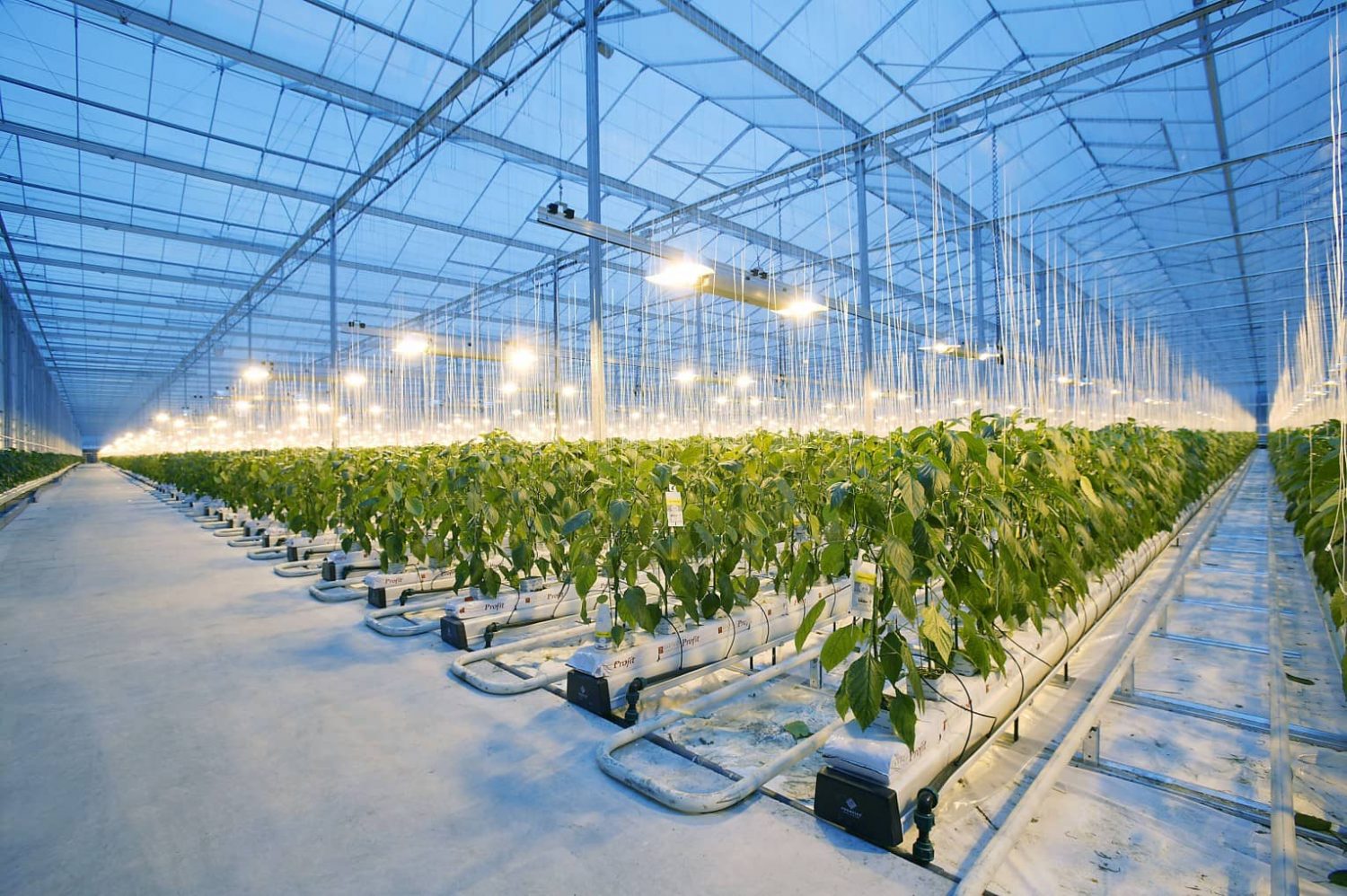
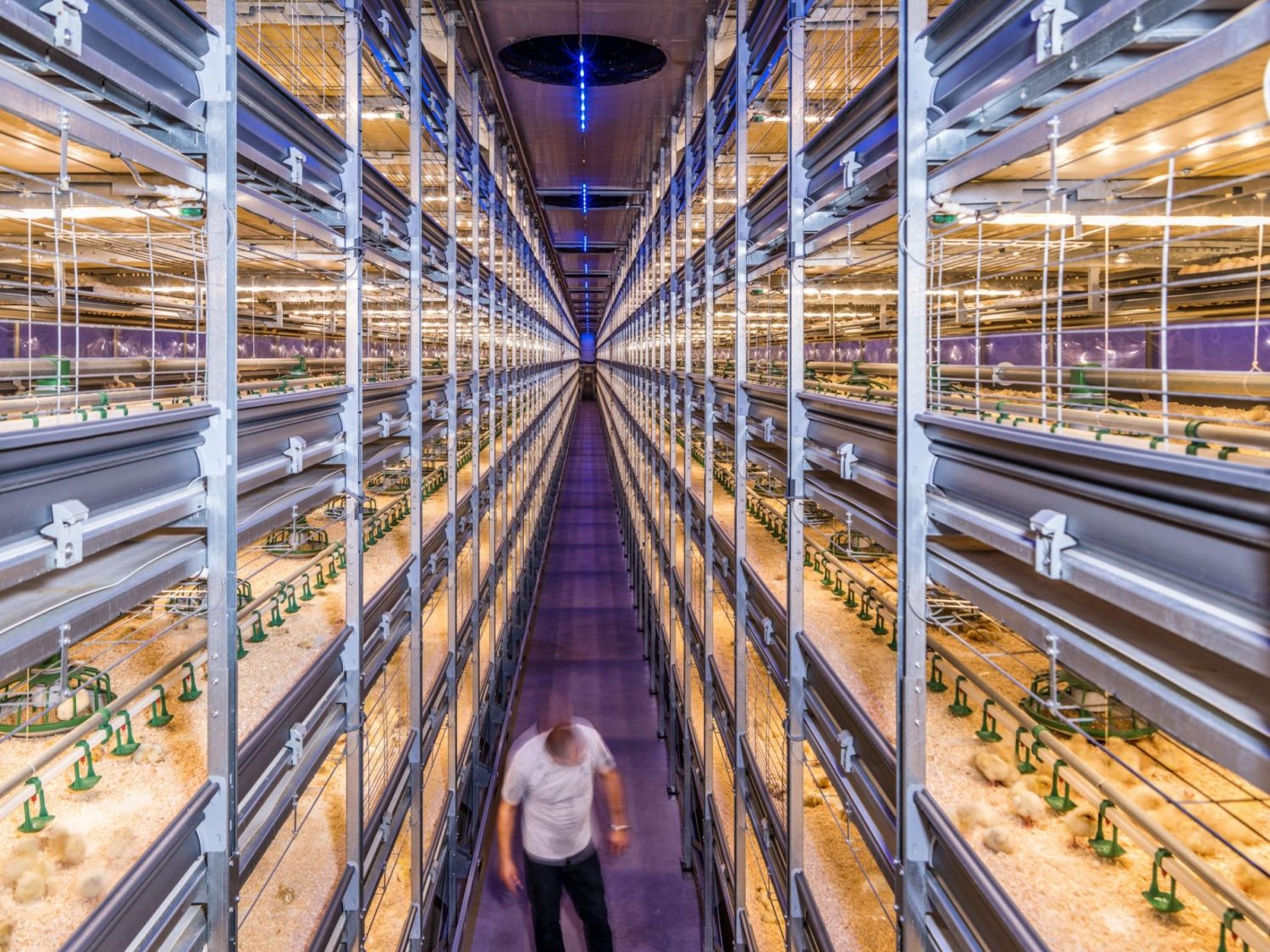
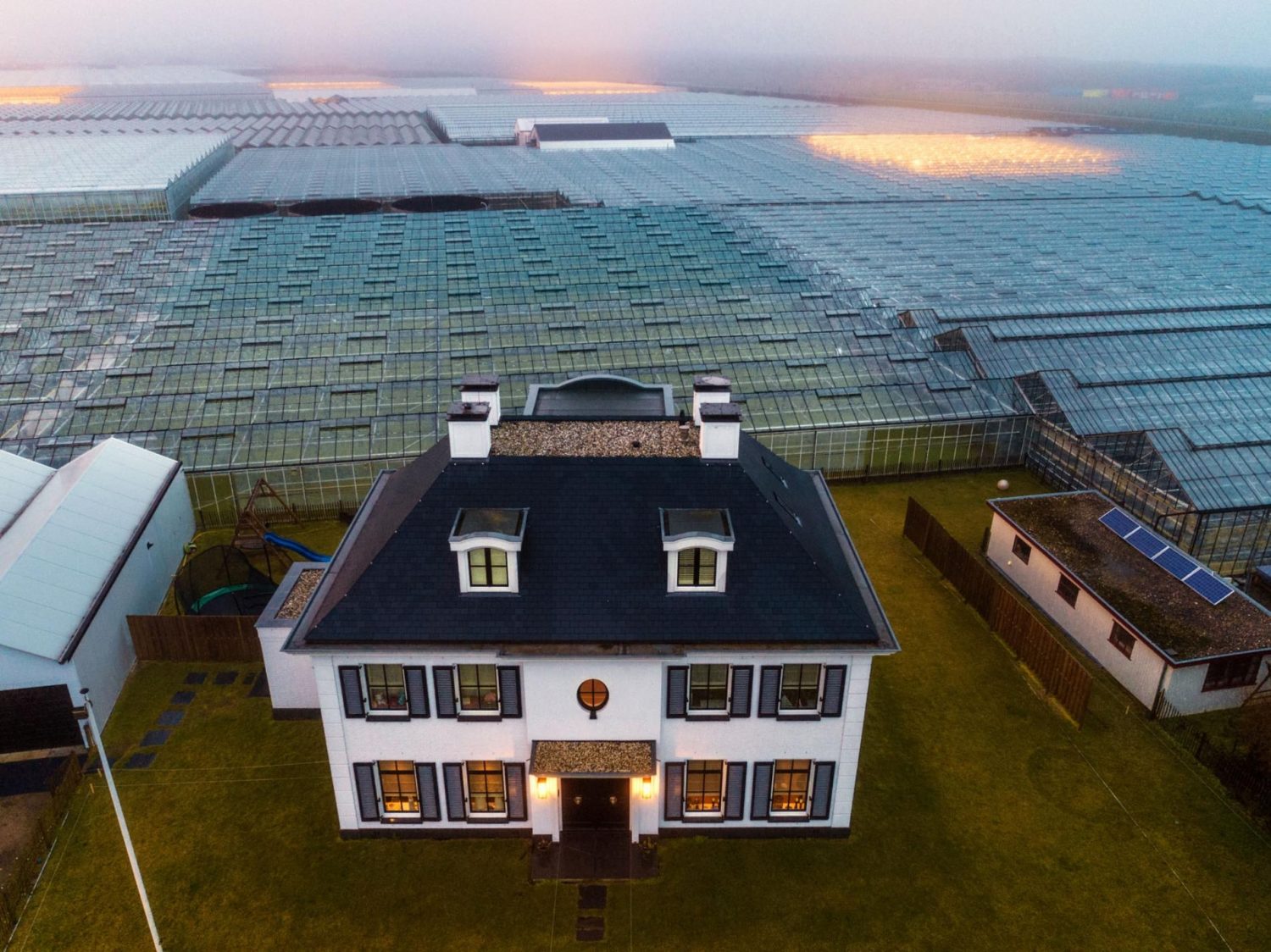
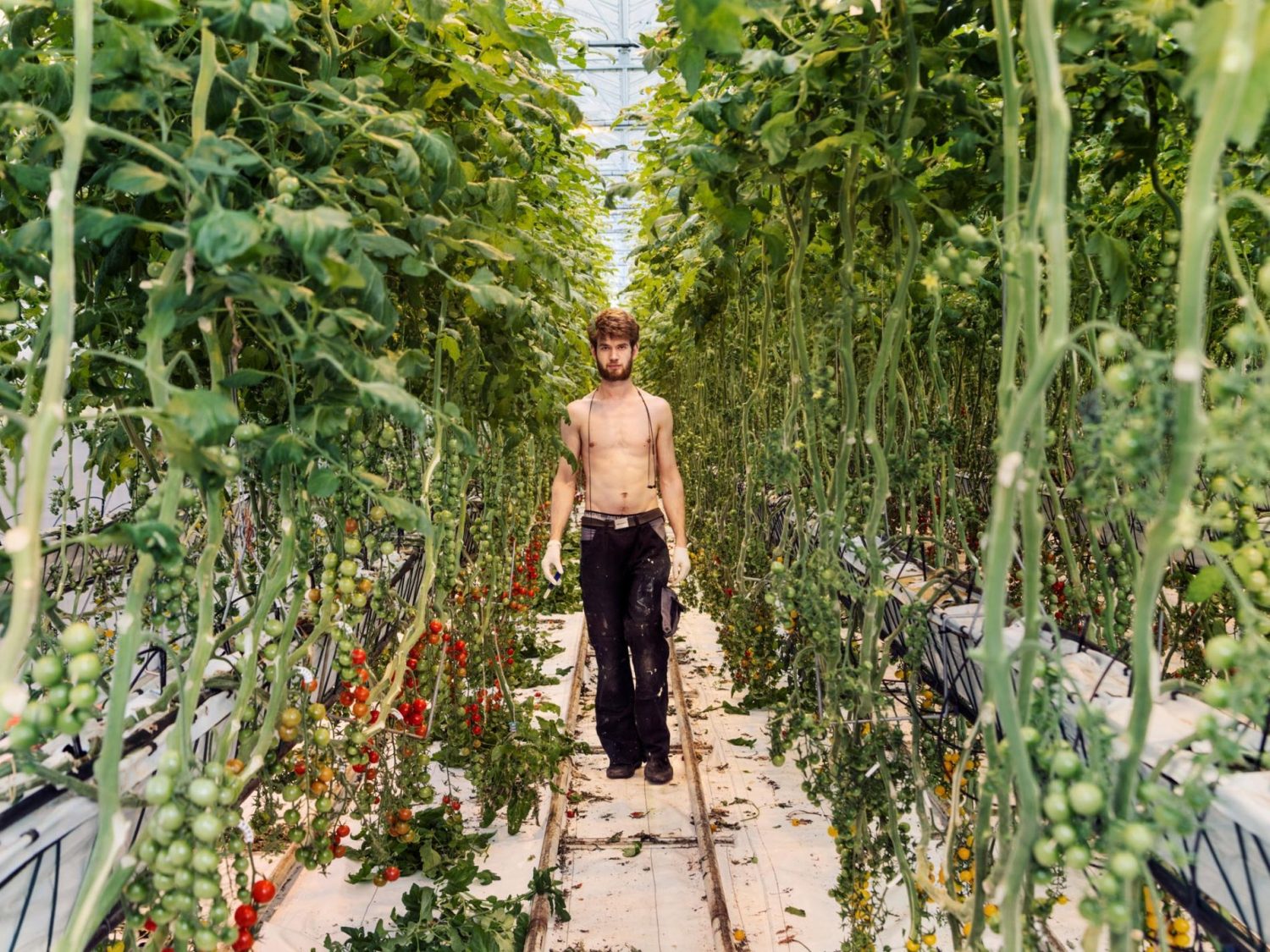
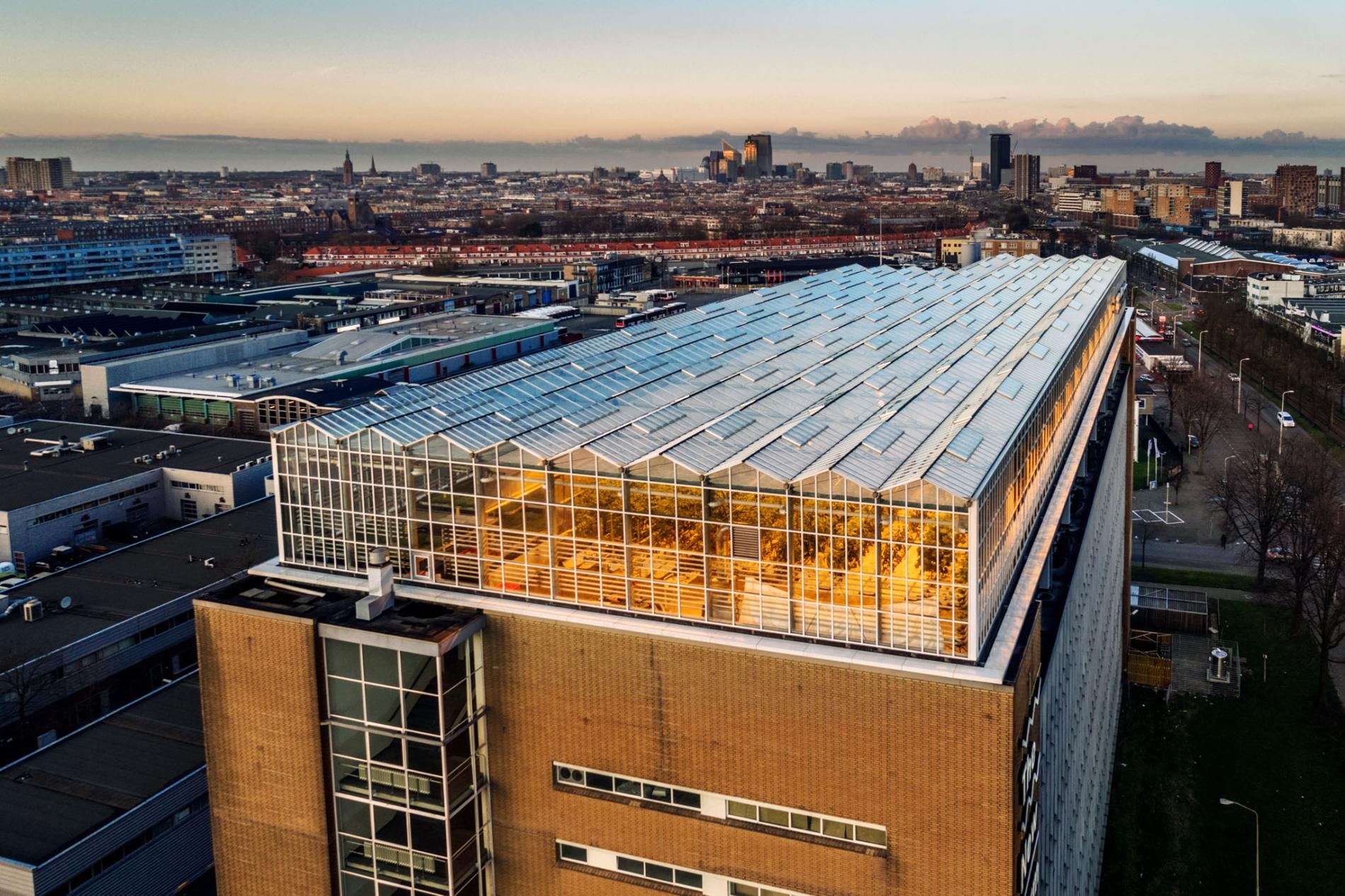
The most environmentally friendly farms
One of our favorite ever National Geographic pieces that you should read chronicles the farms in the Netherlands. It’s quite literally a tiny nation that feeds the world and incorporates unbelievable environmental practises. It is the globe’s number two exporter of food as measured by value, second only to the United States, which has 270 times its landmass. Almost two decades ago, the Dutch made a national commitment to sustainable agriculture under the rallying cry “Twice as much food using half as many resources.” Since 2000 farmers have reduced dependence on water for key crops by as much as 90 percent. They’ve almost completely eliminated the use of chemical pesticides on plants in greenhouses, and since 2009 Dutch poultry and livestock producers have cut their use of antibiotics by as much as 60 percent.
Wageningen University & Research is key to the Netherlands’ agricultural success. The university is also exporting their innovative approach around the globe. Some 45 percent of its graduate students—including nearly two-thirds of all Ph.D. candidates—are recruited abroad, representing more than a hundred nations.
Photos & words credit: National Geographic (read it!)
Drones and other tools assess the health of individual plants and determine exactly how much water and nutrients they need to thrive.
Tomato plants fertilized with fish waste on a rooftop greenhouse with a produce market and a bar. By products - heat and CO2 - are captured and used to warm greenhouses.
Farms produce almost all of their own energy and fertilizer, optimal temperatures generated from geothermal aquifers, only irrigation source is rainwater.
Each kilogram of tomatoes requires less than 4 gallons of water, compared with 16 gallons for plants in open. Each year the entire crop is regrown from seeds, and the old vines are processed to make packaging crates.
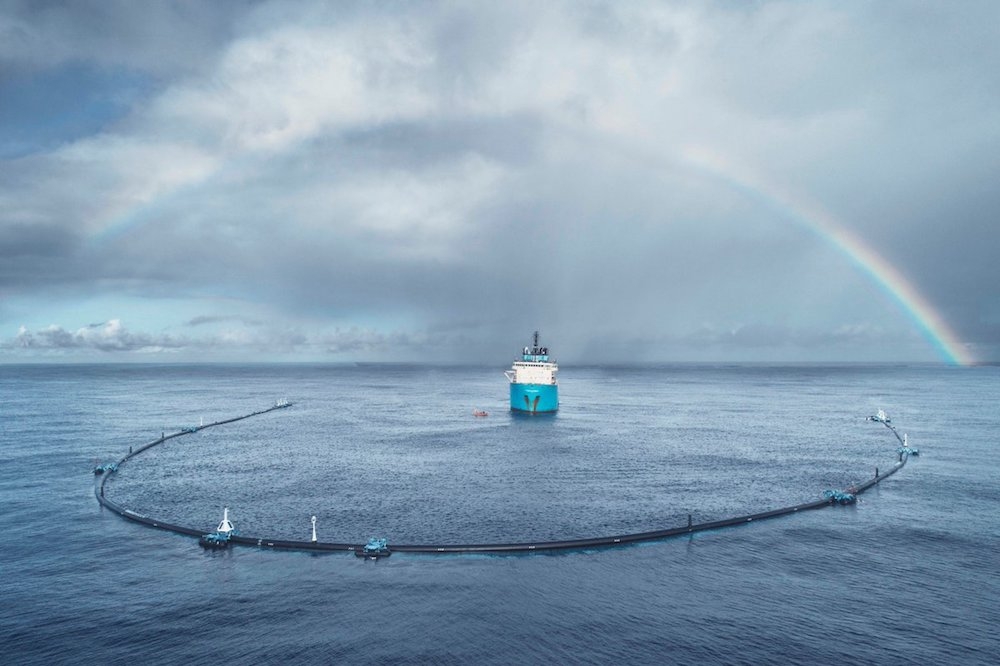
Cleaning up the oceans
One of the biggest things coming out of The Netherlands at the moment (in terms of impacting the world) is of course the big Ocean Cleanup project in the great Pacific garbage patch, by superstar Boyan Slat who was then 18. Testing in the ocean has now launched late 2018. Watch his TED talk & check out the website.
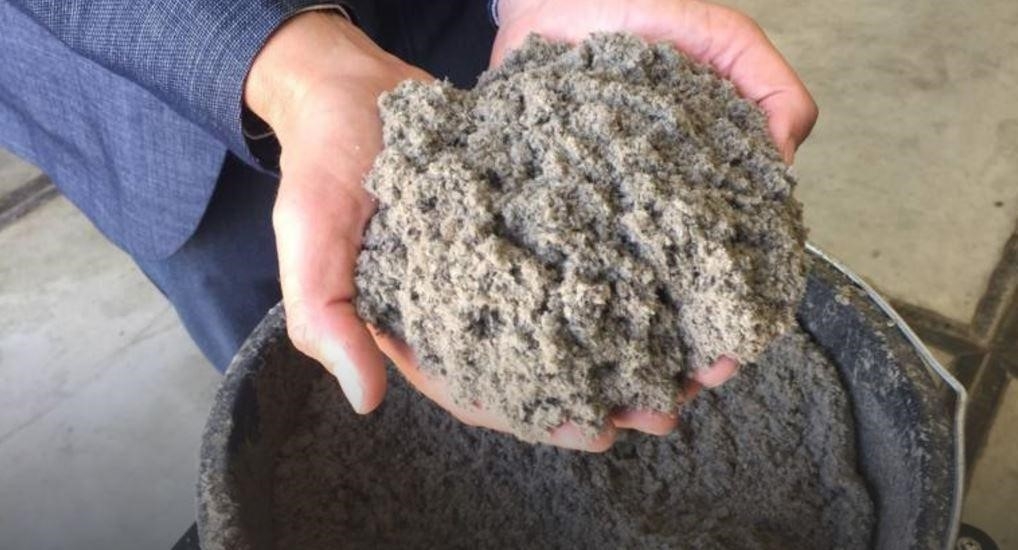
Roads from toilet paper
Does your toilet paper get used once you’ve well, used it? In the Netherlands they’re figuring out what they can do with their high quality paper (turns out they have fussy bums!). Turns out you can use it in roads, paths and construction like this.
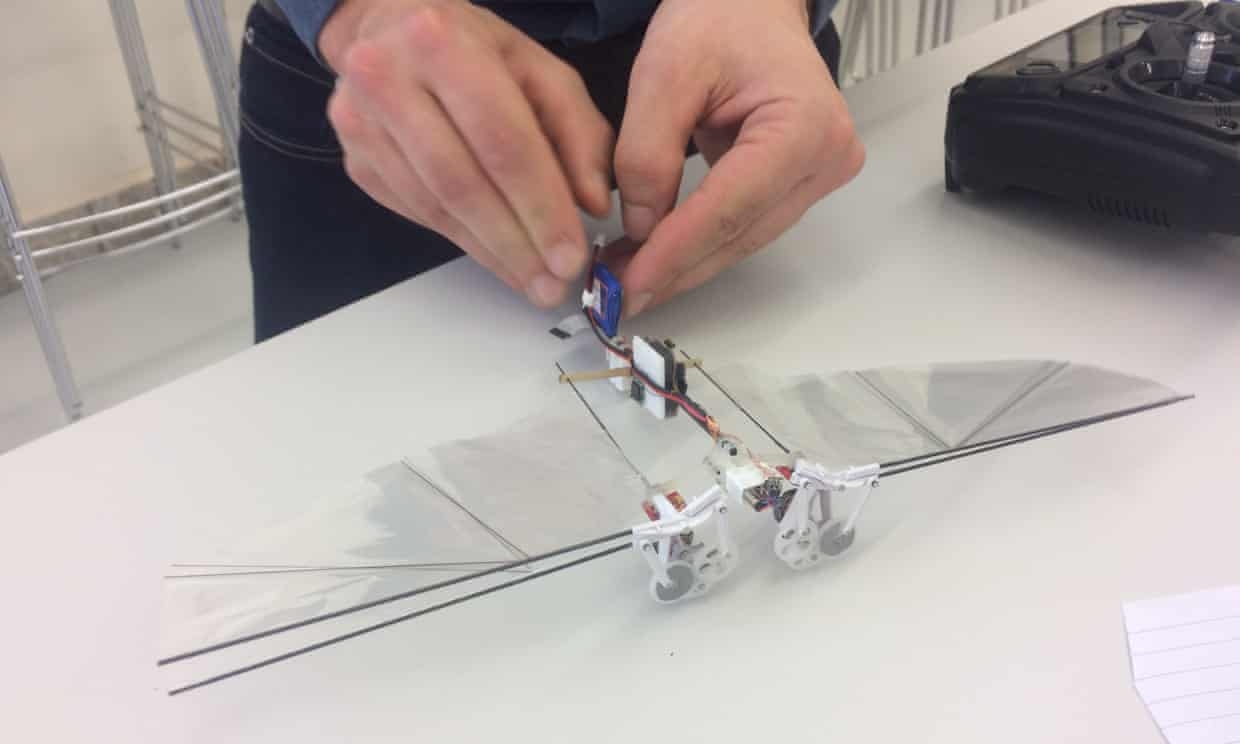
Drone Bees
Are robot bees going to save our bee crisis if we humans can’t get our act together? By reproducing some of the complex wing motion patterns and aerodynamics of fruit flies, in particular, researchers believe they will be able to create swarms of bee-like drones to pollinate plants when the real-life insects have died away. Read more.
Special mentions
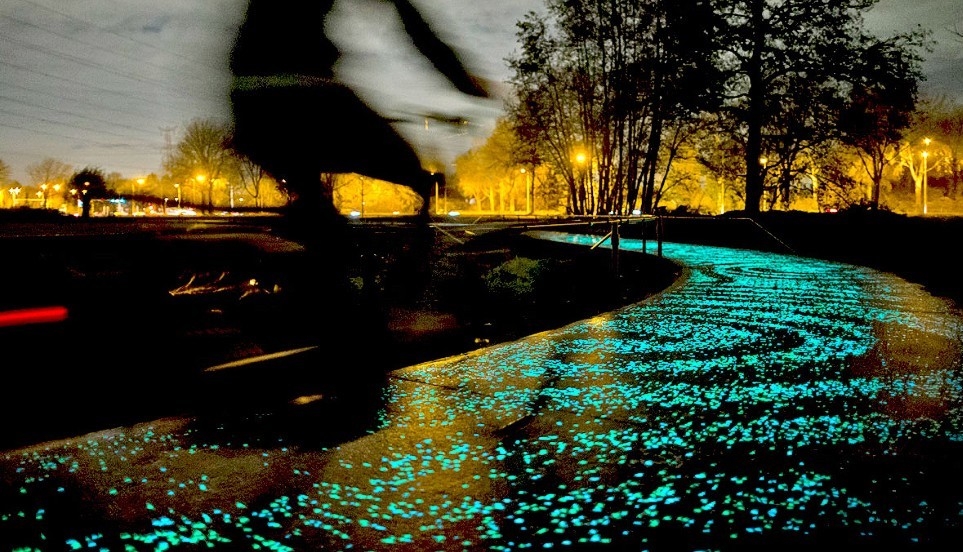
Have you seen this gorgeous bike path lit up by solar powered lights in the style of Van Gogh's starry, starry night? Watch the video!
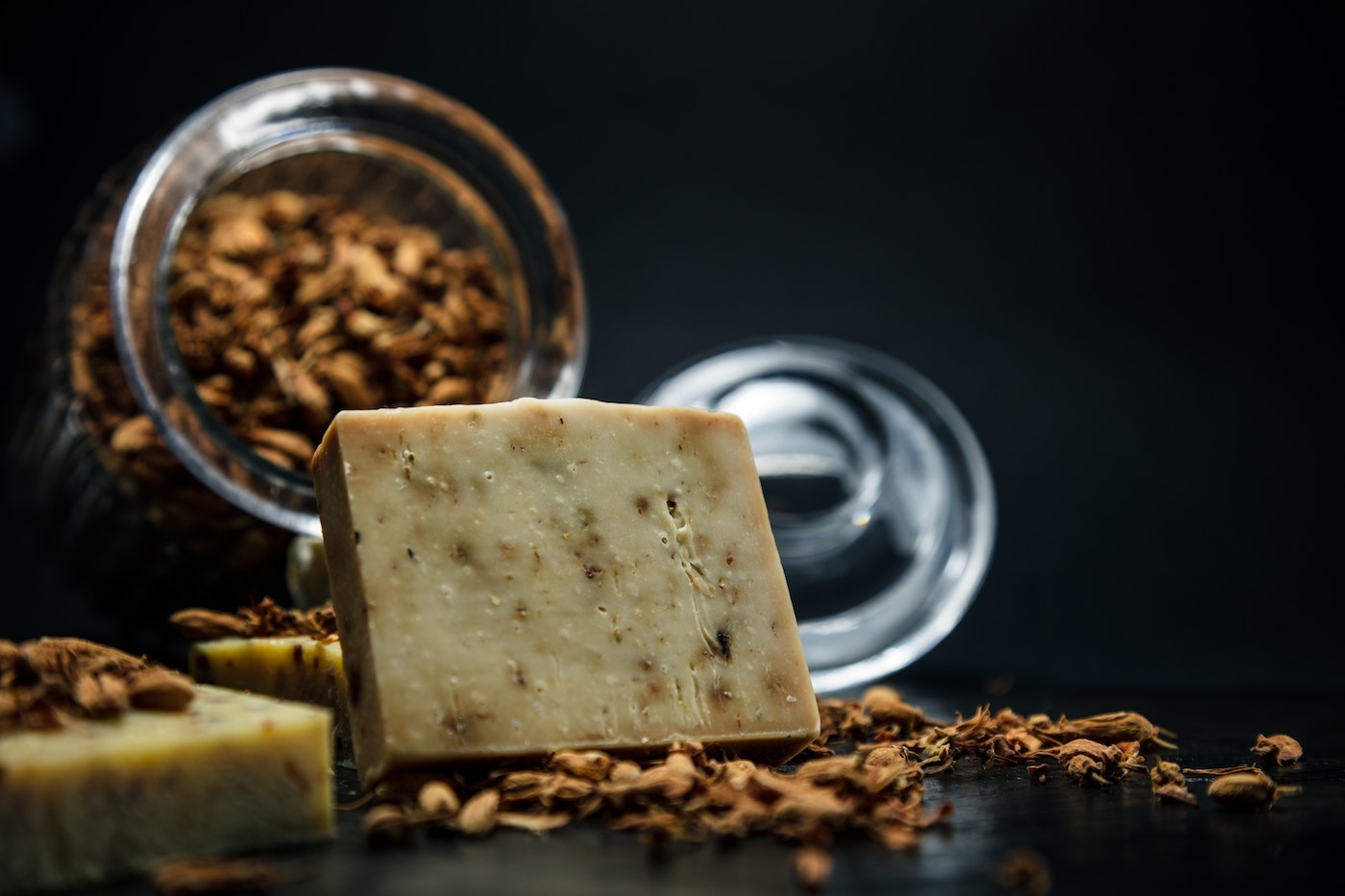
134 million kilos of coffee grounds and 250 million kilos of orange peel of waste are created in NL each year. Bee Blue makes soap from this waste!
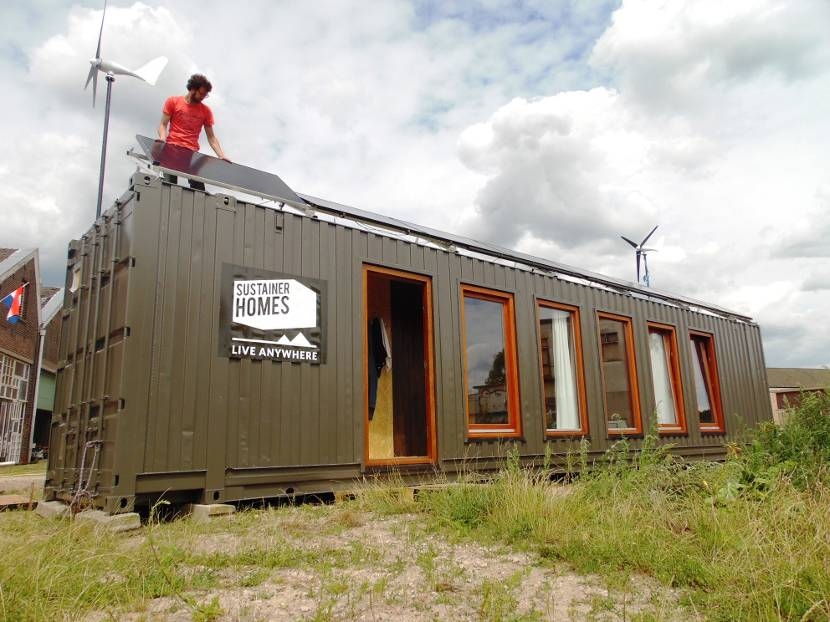
The Dutch have made Sustainer Homes - modular, mobile, and smart that utilize solar panels, wind turbines, and rainwater collection to produce all its own energy and water supplies.
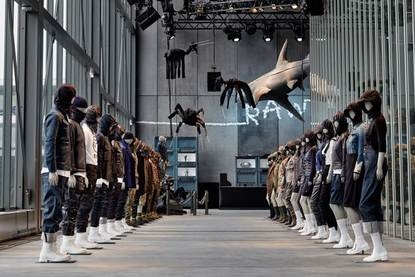
RAW for the Oceans is a collaborative project that retrieves plastic from the oceans and transforms it into wearables, curated by Pharrell Williams and produced in collaboration with G-Star.
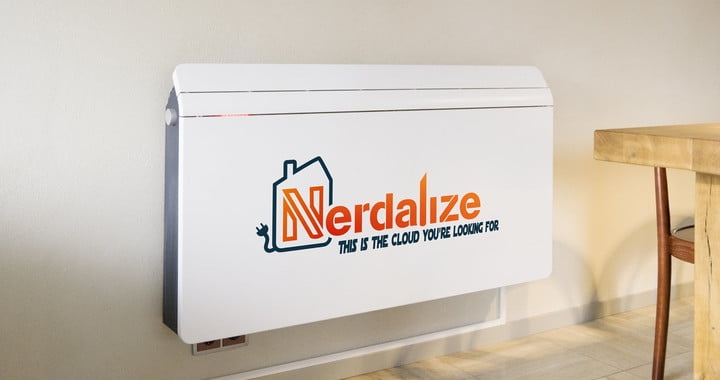
Nerdalize is building a different cloud by placing servers in the homes of Dutch people. Homeowners get their water heated for free by using the residual heat of the servers, and it eliminates the need to build a huge and expensive datacenter.
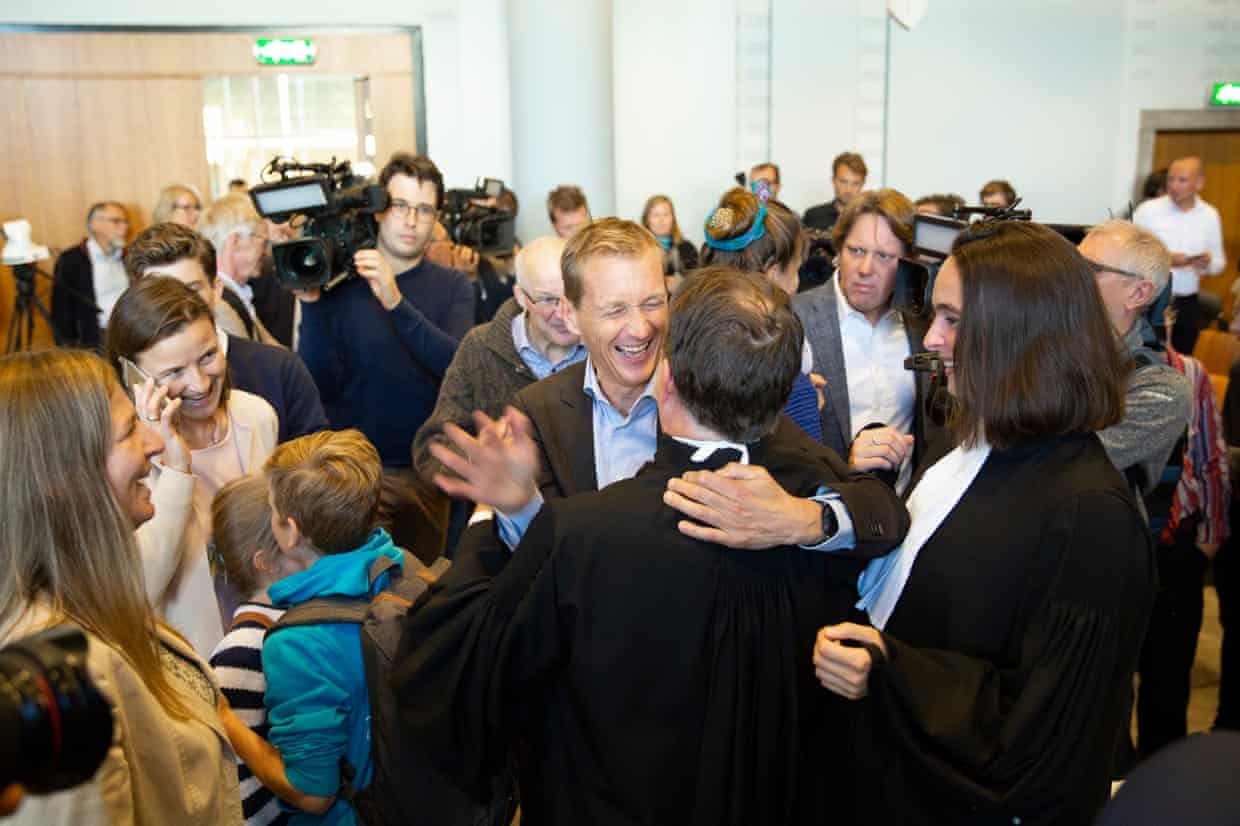
800 Dutchies sued the government and won to increase its climate ambition and reduce emissions to protect the rights of its citizens against climate change. It also means that all remaining coal fired power plants must be shut down before 2020. Read on The Guardian.
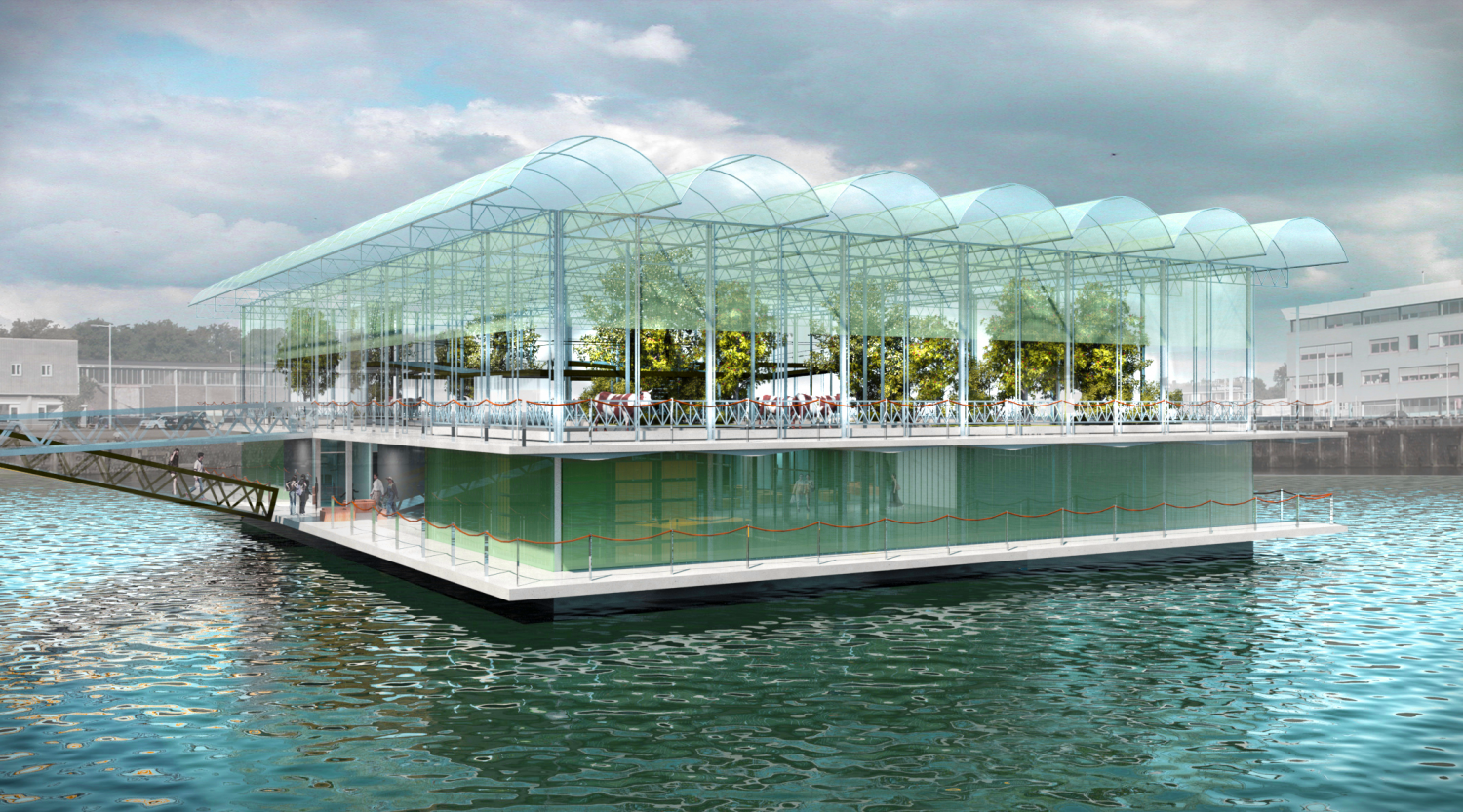
The Floating Farm functions as an alternative for the scarce availability of land. Though this one is meant for dairy, it's a unique concept when we think about it for fresh food in the future. It produces through a closed cycle. This causes almost no waste streams and reduces the length of the logistics chain.
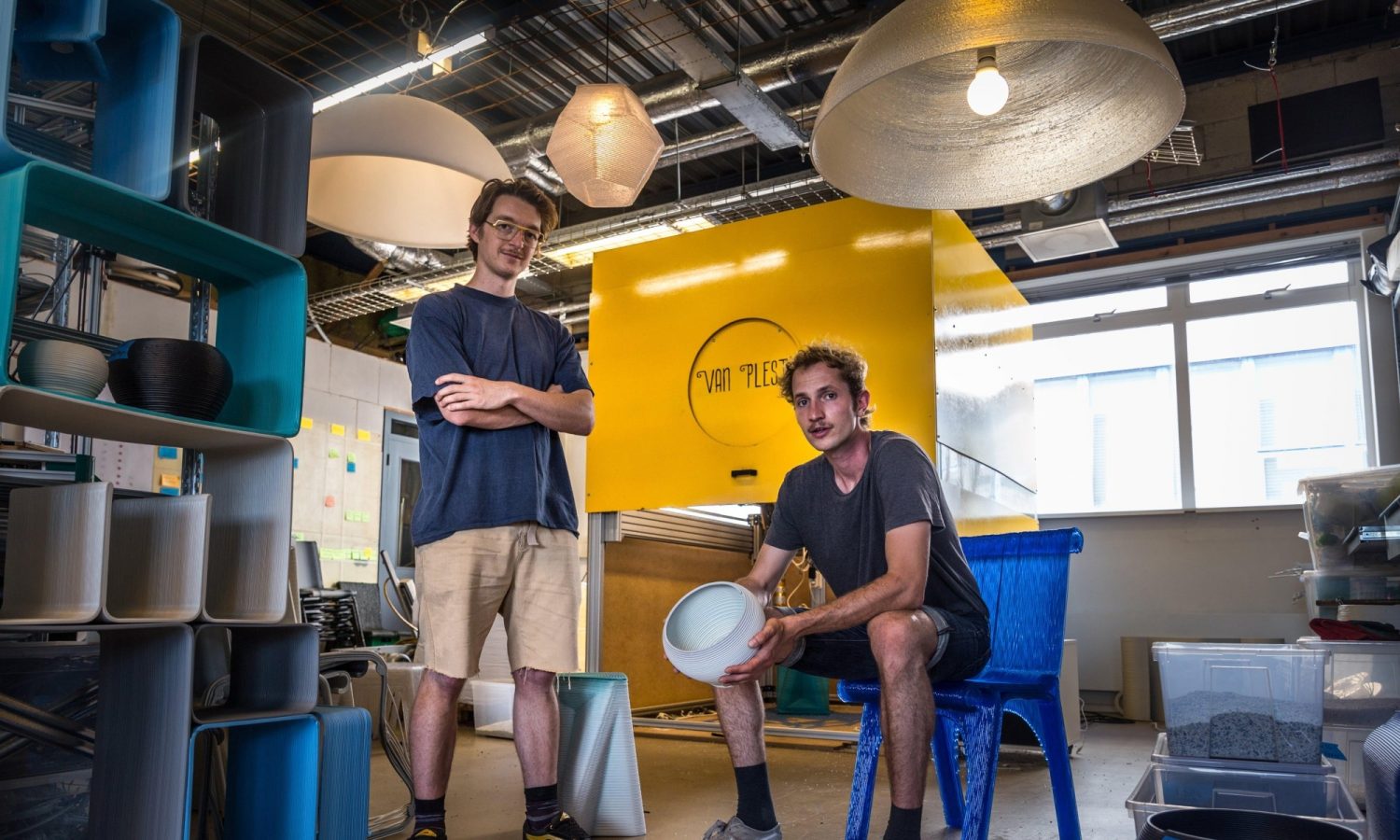
Can we 3D print our products from recycled plastics ? vanPlestik uses their loop recycled process to make objects like furniture or custom made parts for the local industry.
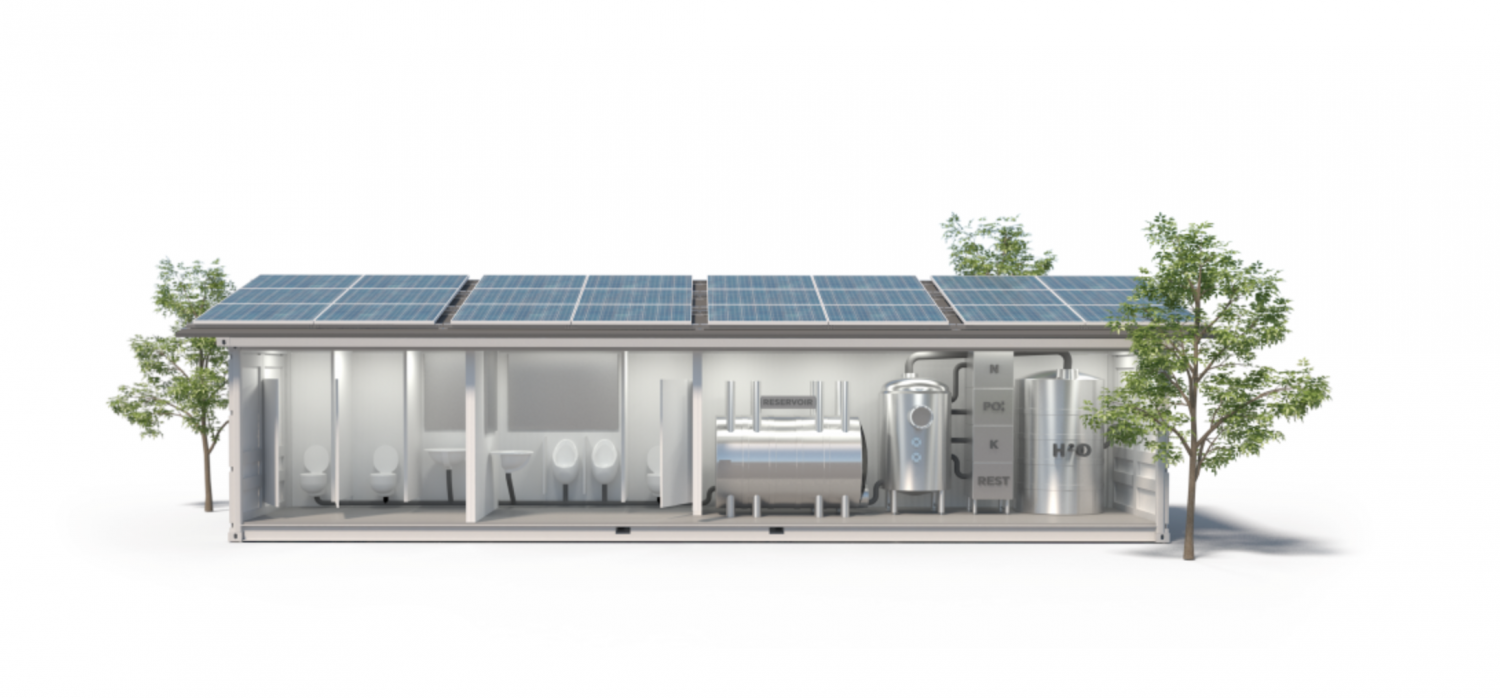
Semilla Sanitation Hubs wants to help the UN reach its sixth Sustainable Development Goal for ensuring everyone has access to clean water and hygienic sanitation by 2020. They convert sanitary wastewater into clean water and nutrients that can be used to produce food.
Post & share these out!
